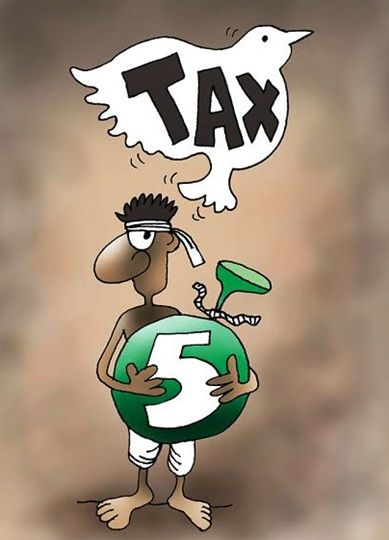 | « Back to article | Print this article |
Only 300 assessees came forward with disputed tax liabilities amounting to Rs 10,000 crore, Shrimi Choudhary reports from Mumbai.
 The government’s efforts to reduce pending litigation under the Direct Tax Dispute Resolution Scheme have received a lacklustre response. Only around 300 assessees have come forward, with disputed tax liabilities amounting to Rs 10,000 crore (Rs 100 billion).
The government’s efforts to reduce pending litigation under the Direct Tax Dispute Resolution Scheme have received a lacklustre response. Only around 300 assessees have come forward, with disputed tax liabilities amounting to Rs 10,000 crore (Rs 100 billion).
If this scheme, open from June 1 to December 31, fails to attract enough companies to participate, it could lead to a government setback, which had claimed to be promoting a tax-friendly environment.
The informal target was to resolve at least 70,000 cases, with an expected tax implication of around Rs 1.7 lakh crore. Under the scheme, companies or individuals would have to pay the disputed tax and interest up to the date of assessment.
For a disputed tax amount of up to Rs 10 lakh, the penalty would be waived. In cases where the disputed tax amount is over Rs 10 lakh, a penalty of 25 per cent would be levied.
According to the data available with the income tax (I-T) department, around 259,000 cases with a tax liability of Rs 5.16 lakh crore were pending before the Commissioner of Income Tax (Appeals) as on February 29. Sources said of these, 70,000 cases or around 30 per cent of the disputes were expected to come under the window.
In the remaining 70 per cent cases, the judgments were pronounced in favour of the assessees.
“Some of these disputes relate to large multinational companies, where the disputed amount is huge and the cases are pending in other courts. This could be a reason why companies are not availing the scheme’s benefits,” said an I-T official.
“Companies such as Vodafone could also avail of the scheme, as it gives immunity against a penalty and interest, in case of disputes. However, we are yet to receive any communication from their end.”
An e-mail to Vodafone remained unanswered.
However, tax experts said the design of the scheme does not allow cases like Vodafone to be enrolled.
“Since most international tax cases are taken to the panel by assessees, they do not qualify under the scheme. That is why the response is not on an expected level,” said Sudhir Kapadia, national tax leader, EY India.
Indian tax authorities and Vodafone have been in a tax tangle since 2007 over the latter’s $11-billion acquisition of Hutchison Essar. The tax demand, initially around Rs 8,000 crore (Rs 80 billion), has more than doubled to Rs 22,000 crore (Rs 220 billion), including interest and penalty.
In 2012, the Supreme Court had ruled in favour of Vodafone but the United Progressive Alliance government brought in a retrospective amendment to tax laws, bringing such deals under the tax ambit. Vodafone had then moved the International Court of Arbitration. The case is yet to be concluded.
“The reason behind the tepid response could be that many cases are debarred from availing the scheme. For instance, undisclosed foreign income/assets cases, search cases and cases concerning receipt of information by the government under Direct Tax Avoidance Agreement are not allowed to avail the scheme,” said Sanjay Sanghvi, partner at law firm Khaitan & Co.
Also, weak cases, which do not have merit to succeed in appeals, would have applied for such a scheme. A genuine litigation case is unlikely to have been filed under this scheme and shell out taxes without any valid reason, added Sanghvi.